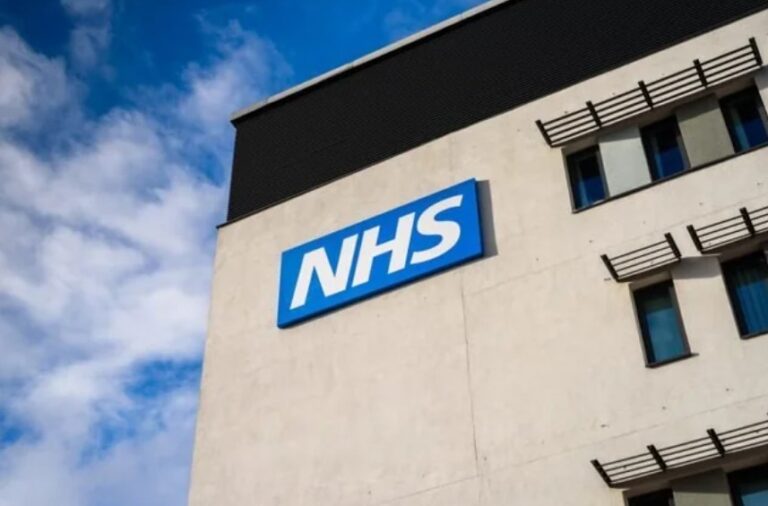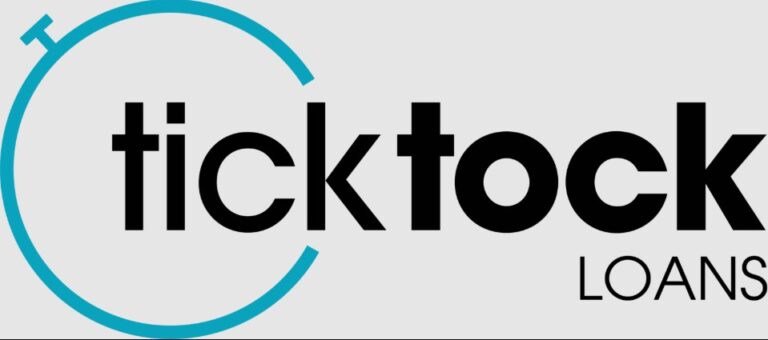Free Glasses with Attendance Allowance – Is It Possible?
Understanding benefits and healthcare options in the UK can often feel overwhelming, especially when it comes to vision care. If you or someone you care for receives Attendance Allowance, a benefit aimed at those with care needs, you might be wondering, “Can you get free glasses on Attendance Allowance?” This question is quite common, particularly among older adults who rely on this support to manage the extra costs associated with disabilities or health conditions.
In this in-depth guide, we’ll explore everything you need to know about Attendance Allowance and its relationship with free glasses, explain what other options exist for accessing affordable eye care in the UK, and provide practical advice to help you manage your vision health effectively. Whether you’re a claimant or a carer, this article will give you the clarity and information you need to navigate the system confidently in 2025.
What Is Attendance Allowance and Who Is It For?
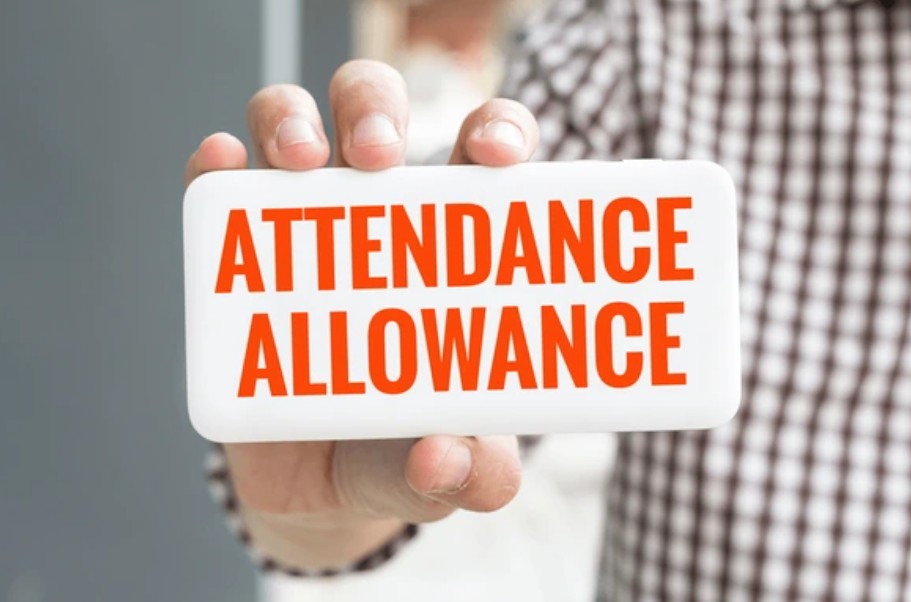
Before diving into the specifics of glasses and eye care, it’s essential to understand what the Attendance Allowance actually is and who it’s designed to help.
Attendance Allowance (AA) is a UK government benefit that provides financial support to people over State Pension age who have a disability or long-term health condition that means they need extra help with daily tasks or supervision. It’s intended to ease the financial burden that comes with these care needs by offering a non-means-tested payment, which means your income or savings don’t affect your eligibility.
What Does Attendance Allowance Cover?
The main purpose of Attendance Allowance is to help with the additional costs of living with a disability. This might include expenses related to:
- Personal care such as washing, dressing, or eating.
- Help with mobility or supervision to avoid harm.
- Home adaptations or special equipment are needed to live safely and comfortably.
Attendance Allowance is paid at two different rates:
- A lower rate for people who need care during the day or night.
- A higher rate for those needing care both day and night or who are terminally ill.
What Does Attendance Allowance Not Cover?
It’s important to understand that Attendance Allowance is not intended to cover specific medical expenses or equipment costs. This means it does not directly pay for prescription glasses, eye tests, or any optical appliances. It also does not cover medications, hospital treatments, or NHS service costs. Instead, it gives you money to spend as you see fit to support your care needs.
Can You Get Free Glasses on Attendance Allowance?
No, you cannot get free glasses on Attendance Allowance.
While Attendance Allowance provides you with additional income to help with care costs, it is not a healthcare benefit. It does not cover medical services or devices such as eyeglasses. Instead, it is designed to support your general care and living expenses.
Glasses and eye care services in the UK are typically funded through the NHS (National Health Service). This means that any free eye tests or glasses would come from NHS schemes or other benefits, not Attendance Allowance itself.
However, it’s worth noting that because Attendance Allowance is a cash payment, many people use this money to help pay for their glasses and eye care expenses if they don’t qualify for other forms of assistance.
How Can You Get Free or Affordable Glasses in the UK?
Even though Attendance Allowance doesn’t provide free glasses, there are other avenues through which UK residents can access free or subsidised eye care. Let’s explore these options in detail.
Who Is Eligible for Free NHS Eye Tests?
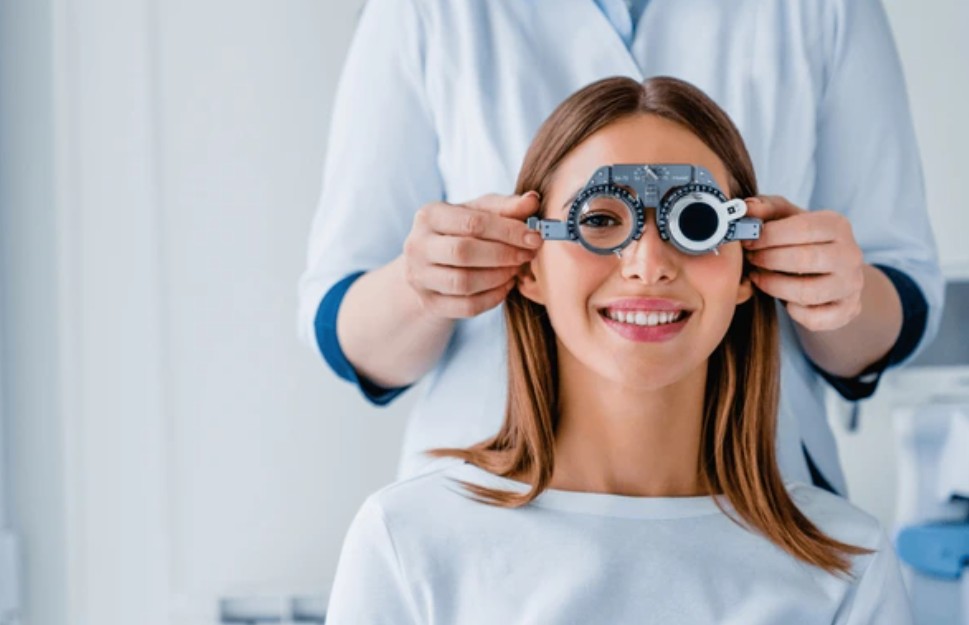
In the UK, everyone aged 60 and over is entitled to a free NHS eye test. This is a significant benefit because regular eye tests are vital for maintaining good vision and detecting early signs of eye diseases such as glaucoma or cataracts.
- The free NHS eye test includes checks for eye health, refractive errors (to prescribe glasses), and other conditions.
- While the eye test is free, you may still need to pay for glasses unless you qualify for the NHS Optical Voucher scheme.
This means if you’re over 60 and receiving Attendance Allowance, you should still be able to access a free NHS eye test, even though Attendance Allowance itself doesn’t cover the glasses.
What Is the NHS Optical Voucher Scheme and Who Qualifies?
For those who need financial help to purchase glasses or contact lenses, the NHS Optical Voucher scheme is available. These vouchers contribute towards the cost of new glasses, lenses, or repairs.
You can qualify for these vouchers if you receive certain income-related benefits, including:
- Income Support
- Income-based Jobseeker’s Allowance
- Income-related Employment and Support Allowance
- Pension Credit Guarantee Credit
- Universal Credit with a low income
Important: Receiving Attendance Allowance alone does not make you eligible for optical vouchers. But if you also receive one or more of the above income-related benefits, you may qualify.
Can Pension Credit Help With the Cost of Glasses?
If you receive Pension Credit Guarantee Credit, you may also be eligible for NHS optical vouchers. This is an essential benefit for pensioners on a low income, as it helps reduce the cost of glasses significantly.
Are There Other Ways to Get Help Paying for Glasses?
- Local Council Schemes: Some local councils offer discretionary financial help for vision-related needs, especially for people with disabilities.
- Charity Support: Organisations like the Royal National Institute of Blind People (RNIB) and Guide Dogs UK provide assistance, advice, and sometimes financial support for vision care.
- Optical Retailer Discounts: Some optical retailers offer free or discounted glasses with eye tests as part of promotional deals or low-cost ranges.
How Can Attendance Allowance Help You Afford Glasses?
While Attendance Allowance does not directly provide free glasses, the money you receive from this benefit is yours to use as you see fit. Many people use their Attendance Allowance payments to help cover additional expenses related to their health, including paying for glasses or private eye tests if NHS options aren’t suitable.
In this way, Attendance Allowance acts as a flexible financial support, giving recipients the ability to prioritise how their money is spent, including on vision care.
What Other Support Is Available for Vision Impairment and Eye Health?
If your vision problems are severe or you face additional challenges, you might be eligible for other benefits or services designed to support people with disabilities.
Can Disability Living Allowance (DLA) or Personal Independence Payment (PIP) Help?
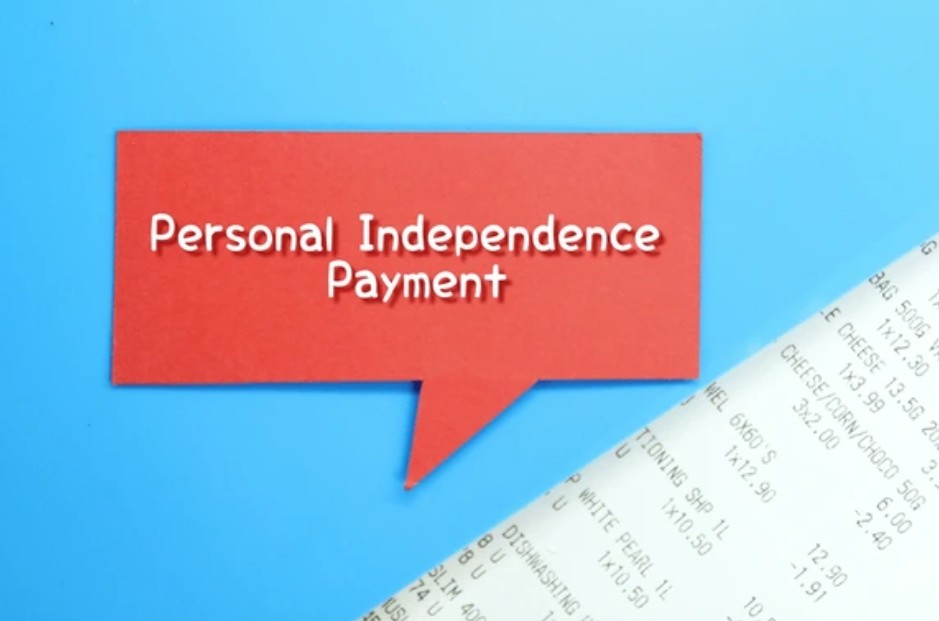
For people under State Pension age, Disability Living Allowance (DLA) or Personal Independence Payment (PIP) are benefits aimed at helping with the extra costs of disability, including vision impairment. If your eyesight severely affects your ability to perform daily activities, you may qualify for these benefits, which provide financial help for care and mobility needs.
Can Local Councils Provide Additional Support?
Many local authorities provide additional help through social services or health and social care teams. This might include:
- Mobility training
- Specialist equipment like magnifiers or talking clocks
- Assistance with home adaptations for visually impaired people
Are There Charities That Can Help With Vision Problems?
Several UK charities focus on helping people with vision loss, offering services such as counselling, practical support, and sometimes funding:
- Royal National Institute of Blind People (RNIB)
- Guide Dogs UK
- Eye Care Trust
These organisations provide valuable resources and can guide you through the process of applying for benefits or support.
What Are Some Tips for Managing Eye Care Costs While on Attendance Allowance?
Managing your vision care expenses alongside your Attendance Allowance payments can be easier with some planning:
- Plan Your Budget Carefully: Use your Attendance Allowance payments to cover glasses and eye care costs where NHS help is not available.
- Make Use of Free NHS Eye Tests: If you’re over 60 or qualify otherwise, always take advantage of free eye tests to detect problems early.
- Check Your Eligibility for Other Benefits: Some benefits and credits can help reduce costs; use advice services to confirm what you qualify for.
- Seek Professional Advice: Organisations like Citizens Advice can provide free, personalised support about your benefits and eye care entitlements.
- Explore Charity Assistance: Reach out to RNIB or other charities for information, support groups, or financial help with vision aids.
What Should You Remember About Attendance Allowance and Free Glasses?
To summarise:
- Attendance Allowance does not cover free glasses or eye tests directly.
- Free NHS eye tests are available to people over 60 and certain other groups.
- NHS Optical Vouchers can reduce the cost of glasses but require qualifying income-related benefits.
- Attendance Allowance provides cash that can help you pay for glasses privately if needed.
- Additional support is available through other benefits, local councils, and charities.
Understanding these distinctions helps you make the best decisions for your eye health and finances.


